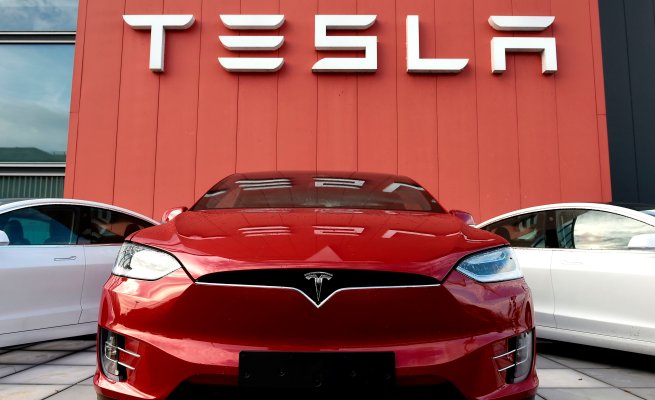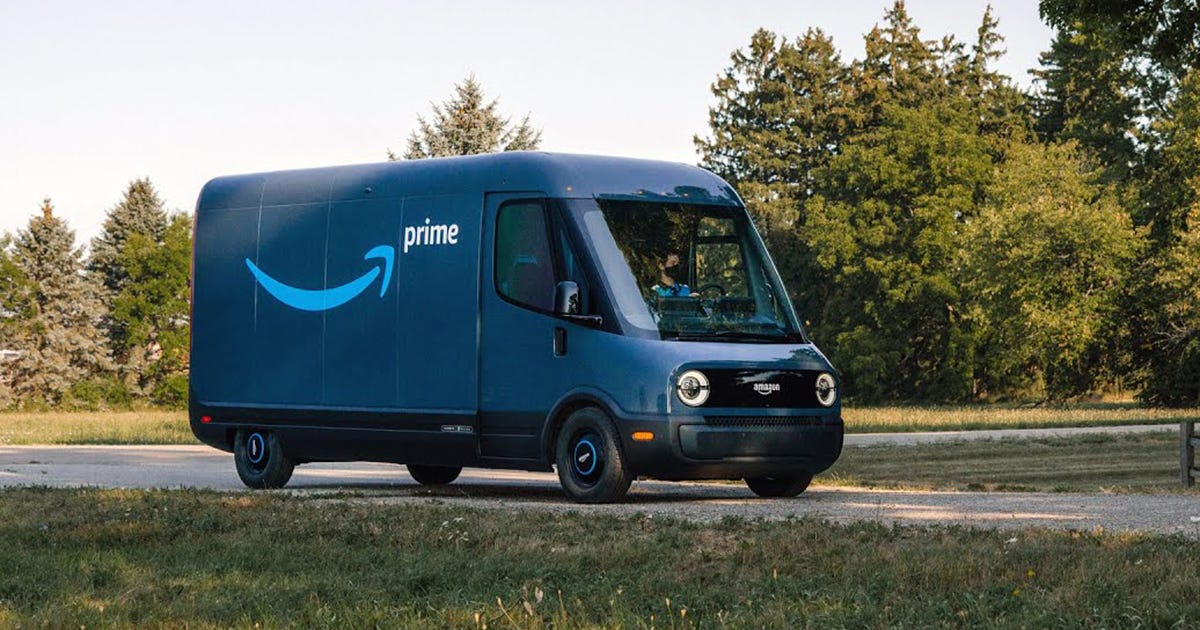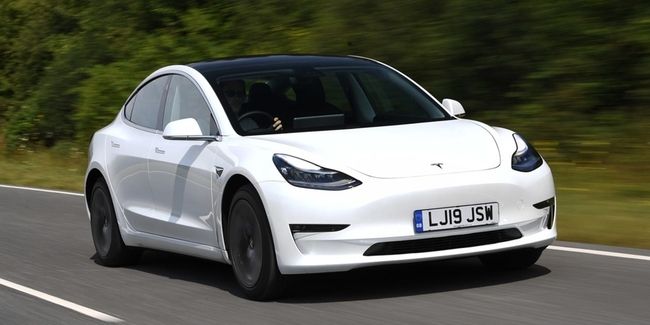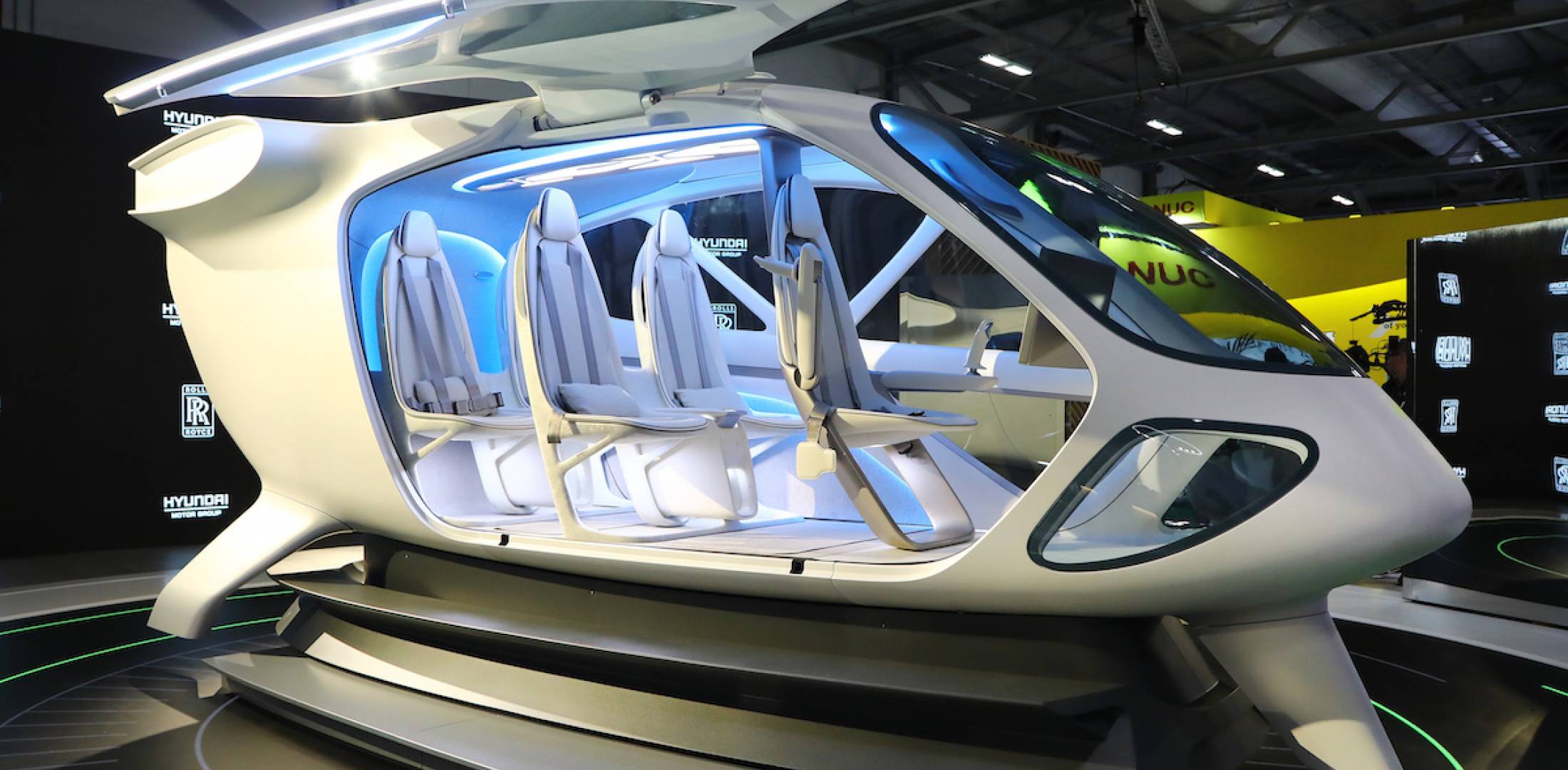Tesla on Wednesday (20/7/2022) reported higher-than-expected quarterly profit as a series of price hikes on its best-selling electric vehicles helped offset production challenges caused by China’s COVID-19 lockdown.
The company promised a “record-breaking second half” for the year and reaffirmed its target of averaging 50 percent annual growth in vehicle shipments over several years, but did not provide a specific target for 2022l deliveries.
Tesla chief executive Elon Musk at the conference said the company has no demand problems, rejecting the idea that global economic problems are impacting Tesla’s profits.
Tesla shares were up about 1.0 percent in after-hours trading. Its shares are down about 40 percent since their peak in November.
Tesla’s China plant ended the second quarter with record monthly production levels, and the company said production continued to grow in Texas and its new plant in Germany saw strong output increases towards the end of the quarter.
However, Tesla did not provide detailed production prospects for its Berlin and Texas plants, which Musk has previously said lost billions of dollars.
“We are poised for near-term margin challenges due to (new) challenges with new production increases, particularly in Berlin,” Morgan Stanley said in a report following the earnings announcement.
The electric vehicle (EV) maker posted adjusted profit of $2.27 per share versus analysts’ consensus forecast of $1.81.
Its auto gross margin fell to 27.9 percent from a year earlier and the previous quarter, amid inflationary pressures.
The company has raised the prices of its cars several times this year to cope with the higher costs of lithium used in batteries and aluminum used for bodies, along with other raw materials.
Nevertheless, Musk said Tesla will lower prices when inflation subsides.
“Tesla’s solid quarter is the latest sign that they’ve done an outstanding job navigating through global supply chain and logistics challenges, weathering the storm better than most legacy automakers,” said Jesse Cohen, senior analyst at Investing.com.
“Tesla’s improved manufacturing efficiency puts it in a good position to produce more cars, putting it on track to exceed its delivery targets for this year,” he said.
Tesla said it had converted about 75 percent of its bitcoin purchases into fiat currency, which added $936 million in cash to its balance sheet. Musk at the start of a conference call with analysts said the sale was made to increase liquidity as Tesla is unsure about how long China’s COVID-19 lockdown will continue. Tesla has not sold its holdings of the cryptocurrency Dogecoin, he added.
“It’s not clear exactly how much of the group’s loss was due to the sell-off in crypto, but with 75 percent of its holdings now converted to more stable currencies, most of the damage has been recognized,” said Laura Hoy, analyst at Hargreaves Lansdown.
“However, Bitcoin’s losses represent an important part of Tesla’s investment case – its eccentric owner. While Musk’s impressive innovation has run the company well, his personal talent is starting to raise governance questions,” he added.
Total revenue fell to US$16.93 billion in the second quarter from US$18.76 billion in the previous quarter, ending record revenue in the last quarter, as it struggled to meet demand for its electric cars due to Shanghai plant closures and production challenges at new plants.







